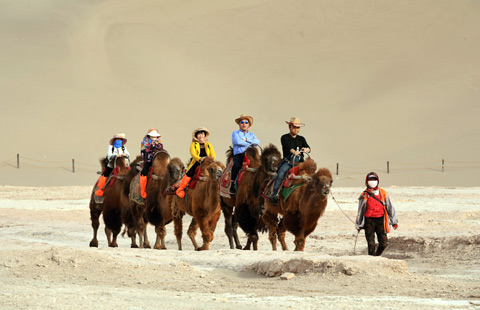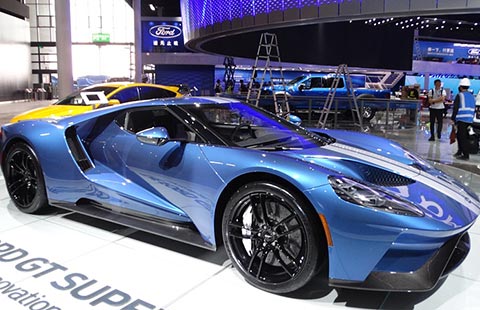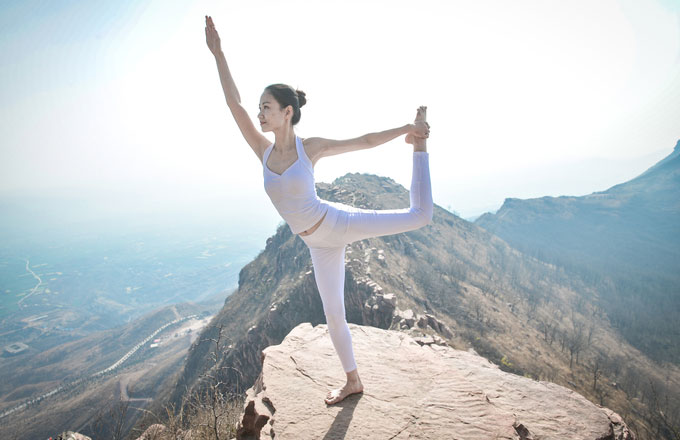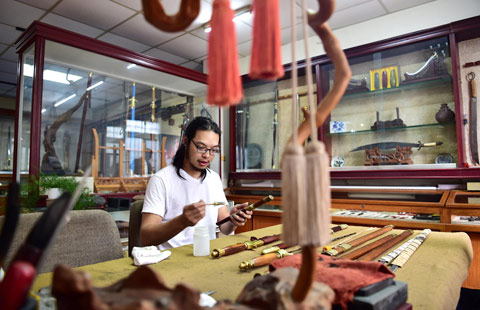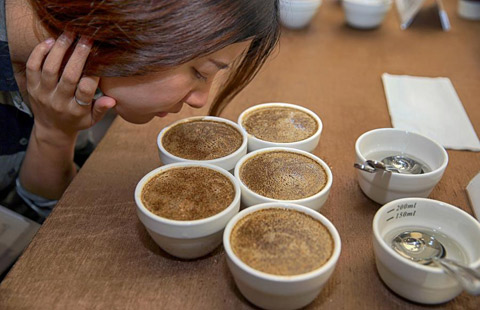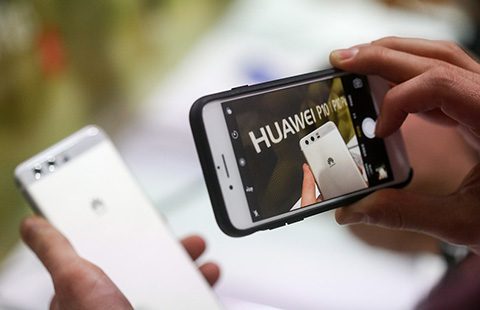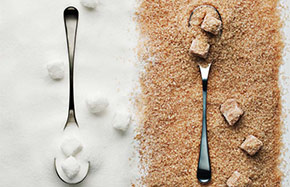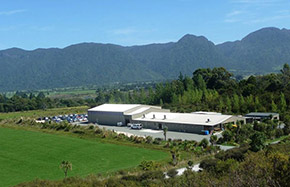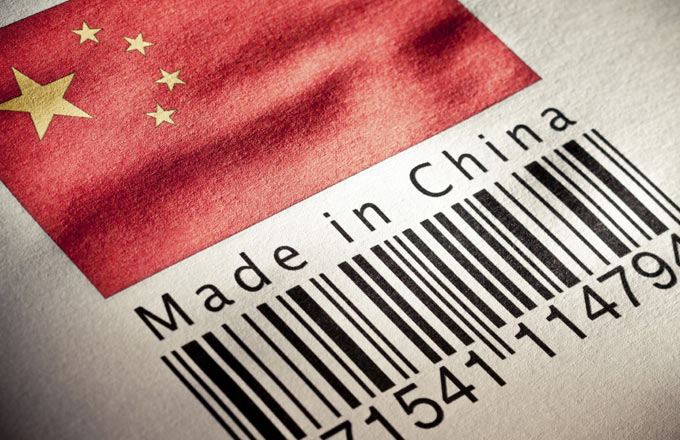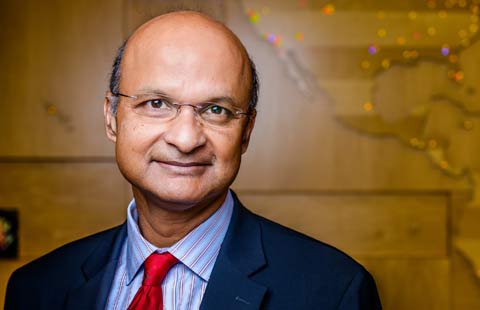Where economy dances along with ecology
It doesn't take a genius to realize the route to economic success in China is to read, learn and inwardly digest the nation's Five-Year Plan, but it does take dexterity and enterprise to respond accordingly and, thereby, beat the market.
The lovely city of Wuxi, particularly captivating in spring with blossoms and early flowers adding colorful cheer, is clearly in that happy position.
Benefiting from a glorious environment rich in history, it has responded to the challenges of the modern age in a variety of go-getting and clever ways.
Look one way and you have a sleek steel-and-glass new and rapidly expanding financial and industrial center. Look another and you see a city enjoying and exploiting its past wealth, both financially and intellectually and using a variety of methods.
But what really hits the first-time visitor and, dare I say, particularly one from overseas, is the money spent on greening the new economic landmarks. Much thought has clearly gone into this. The electronics of elevator systems rely on nature just as much as nature relies on nature. And it is toward a natural world order that Wuxi is fast heading.
Here, there is an electric bus company. There is a textile industry that conserves water in a sector usually wasteful of the vital and scarce commodity. Fish leap from the many ponds and canals that give it the name "The Venice of the East".
A strong sense of the principles of feng shui underlines the spirit of Wuxi. Tradition and modernity thrive alongside each other. And still there seems to be money to spare. The good thing is that the many powers that be whom I met appreciate this twin delight.
Taihu Lake, of course, is central to Wuxi's charm. It offers glorious vistas, boating and fishing. Nestling nearby is a delightful orchid "museum" garden featuring a stunning selection of this most delicate of flowers, the rarer examples of which sell for a fortune.
Wuxi is also home to gorgeous tea plantations where you can pick your own leaves, the Huishan clay figurine factory and a village dedicated to making teapots made by masters of the art.
And if all that makes you thirsty, as it did this Westerner, there is a bar district where I sampled my first pint of cider in China.




